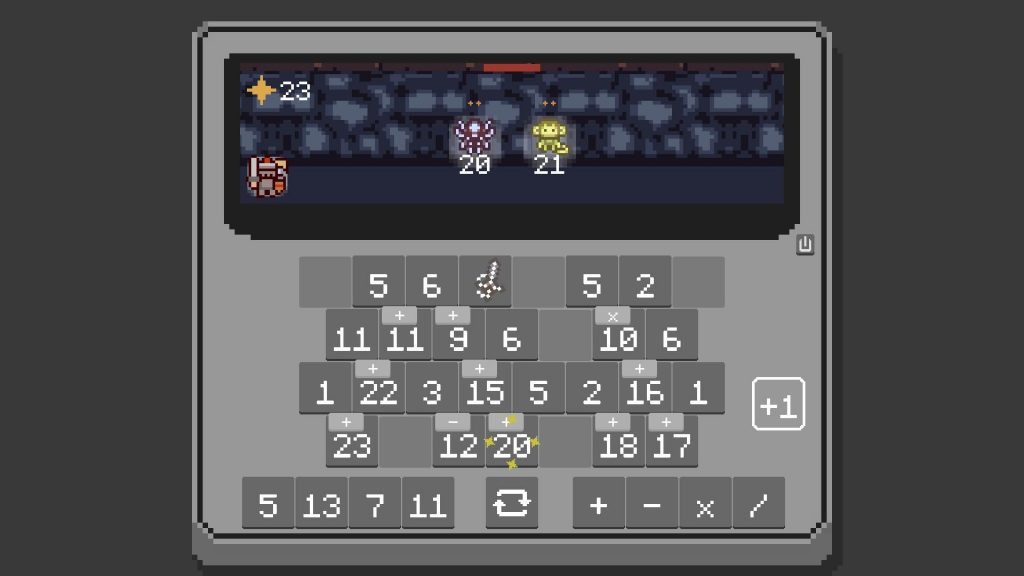
PC
A large part of the process of writing Buried Treasure is installing absolutely everything that catches my eye, and then seeing what Iasts more than 30 seconds once I’ve started. Army Of Numbers, despite my interest on spotting it in the new releases, almost didn’t make it. But then it did. And now I can’t stop poking at it.
One of the main reasons a game fails that 30 second test is my quickly realising that it’s just complete jank. You can’t judge these things by screenshots – heck, most of the games featured here don’t shine in a stationary image – but once it’s moving you can see that, nope, this is something thrown together in an afternoon, then given a good title. Army Of Numbers… well, it’s definitely not that, but it’s pretty damned ugly and confusing.
It’s nothing a sensible instruction page couldn’t fix, but it’s definitely not intuitive. The goal is to create the numbers appearing at the top of the screen, by combining the randomly assigned numbers in your inventory. You do this by putting two of them next to each other, and then – in a way that required stumbling upon – put an arithmetic operator (plus, minus, multiply, divide) in square beneath them both. Dropping it there, it turns itself into the resulting number. So if you’ve a 6 and a 7, and you’re after a 13, you put then in two adjacent squares, plop a + in the staggered square below, and there it appears. And if you’re also after an 8, and you’ve got a 5, you can drop that in next to the 13 and beneath them a -. You get the idea. I did, after trial and error.
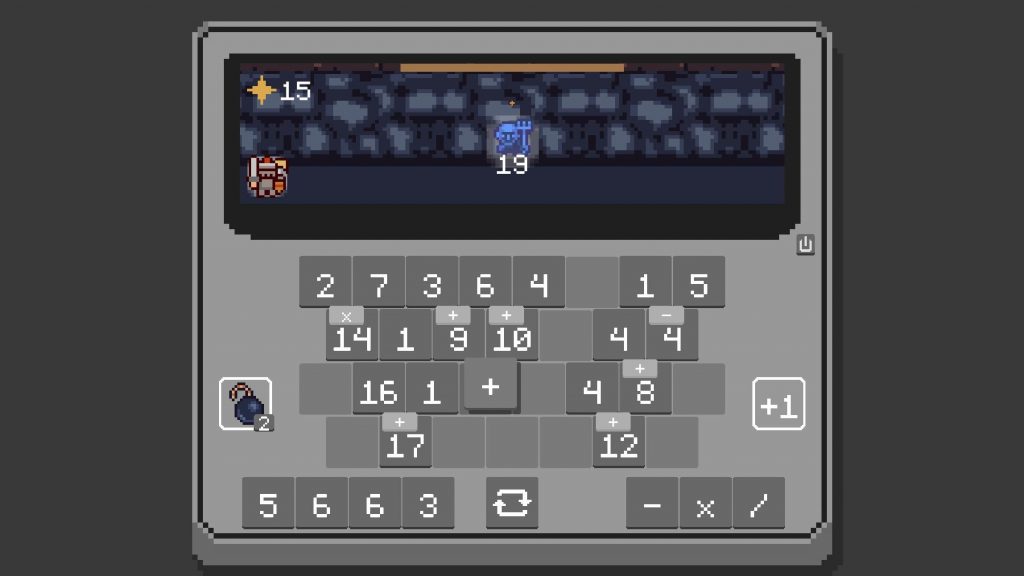
The thing is, as badly as it communicates its conceit, and as clumsy as it certainly looks, this really works! You start having to weigh up clearing the screen and starting over with the four numbers you’ve currently got, or trying to manipulate what’s already there in the limited remaining spaces. The real advantage to the latter being, when you clear all four of the target numbers, four more appear, but if any are already anywhere in the play area they’re immediately removed. Each removed number adds a few seconds to your remaining time, and you’re left to try to beat your best score.
Rather sweetly, and honestly this is what grabbed me in the first place, it’s presented as an RPG. You play as different fantasy archetypes, unlocked as you level up through XP scored by playing. Get the Witch, and you get the bonus attack of being able to square any number on the screen. When you’re trying to get a 24, and you’ve only got low single digit numbers to play, that’s useful! The opening Swordsman lets you +1 to numbers, while the third character, the Rogue, can vanish a number. Then as you level up you get extra tools, like a bomb to destroy squares, or an axe that, for some reason, turns into one of the goal numbers.
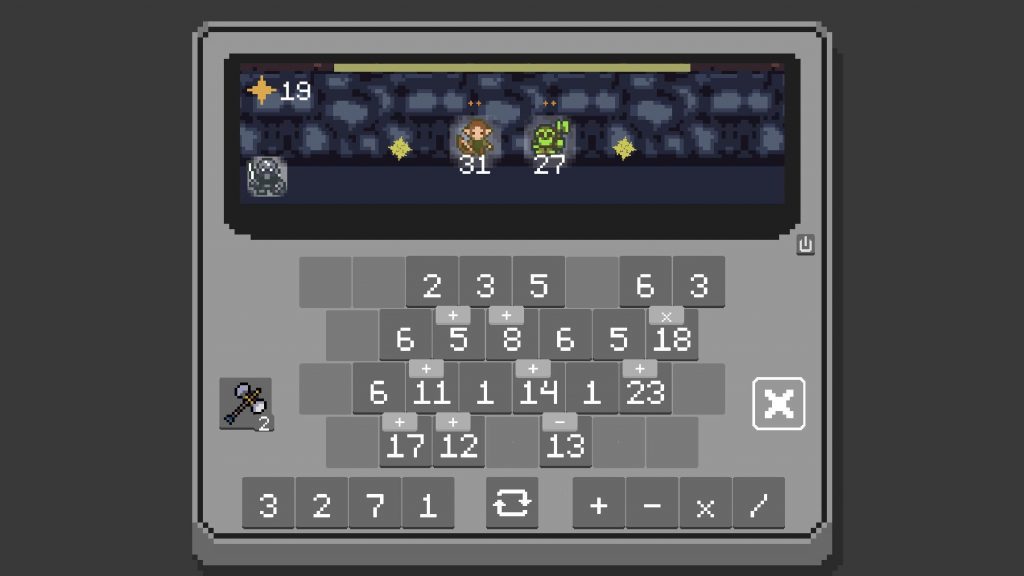
What’s so delightful here is when you realise how smart you can be. You need a 23, but you’ve no useful numbers. Except that 15 was made with a 6+9, so you could put a 1 next to that 9, put a – underneath, and then put a + under the two results. Then you’re multiplying numbers together to get close to a target, snipping off a couple more, then removing the block to switch out one of the integers to create a new sum that gets another target.
I do wish the timer were a little more generous when it comes to adding extra seconds. Get down to the wire and it’s fairly fruitless scrambling – even a flurry of successes adds too little create any sort of comeback, which feels a shame. (There is a timer-free ‘Survival’ mode, but what I want is the timer, and more ways to get out of scrapes.) And of course it’d be great if the entire thing had been better communicated from the start, but hey, I’ve got your back. This is super-simple, but once you get past its janky ways, offers a surprising number of tactics for flying through the maths.
I’d love to see this remastered, perhaps with some hefty borrowing of design ideas from EightyEight’s amazing You Must Build a Boat. I think it could be built into something swift and hooky, and would work really splendidly on a phone’s touchscreen. But as it is, for less than £2, if you enjoy mental arithmetic there’s a lot more going on in here than the first 30 seconds would suggest.
- maou
- Steam
- £1.70/€1.60/$2
All Buried Treasure articles are funded by Patreon backers. If you want to see more reviews of great indie games, please consider backing this project.




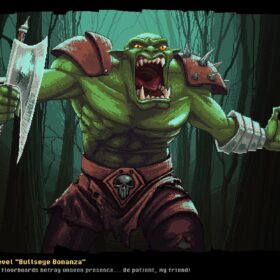
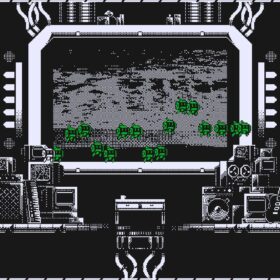
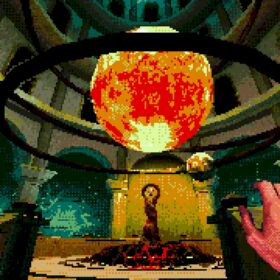

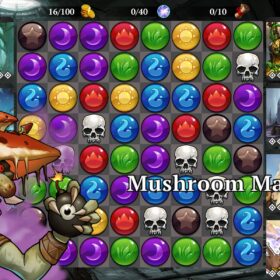
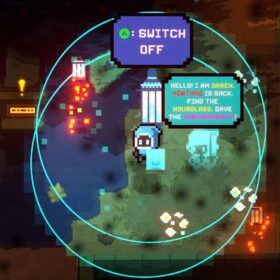

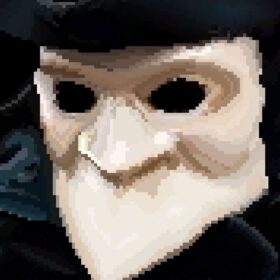
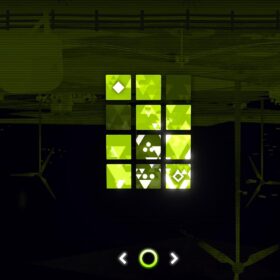
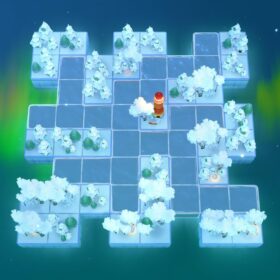
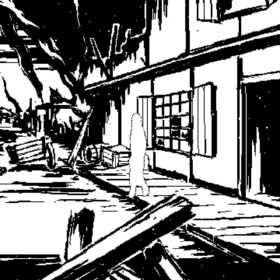



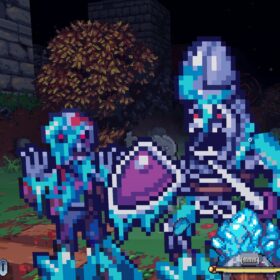
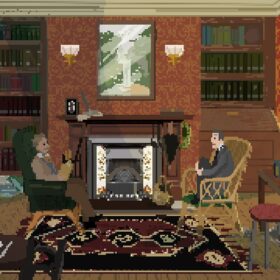
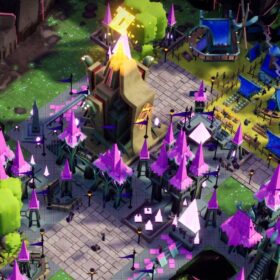
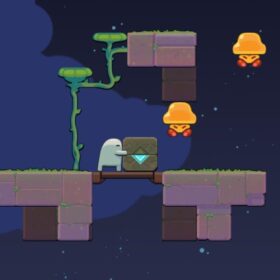
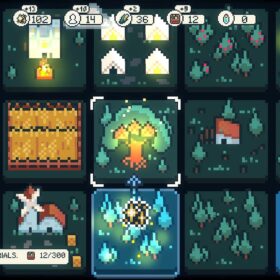

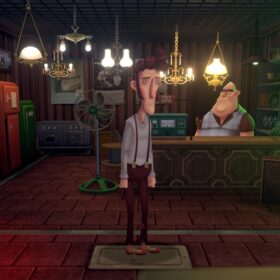
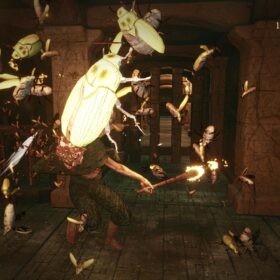

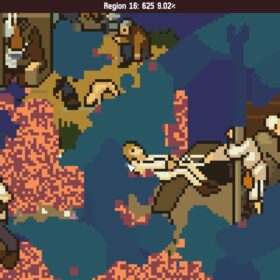
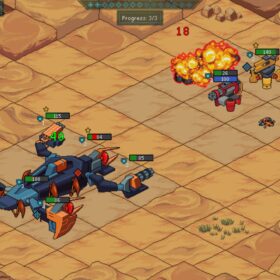

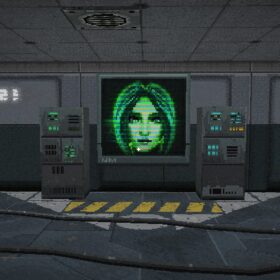
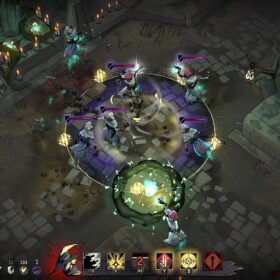
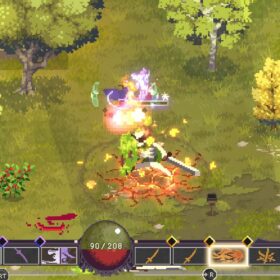
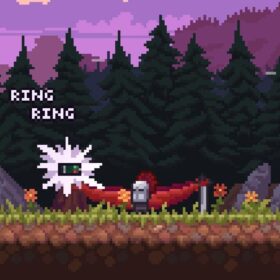
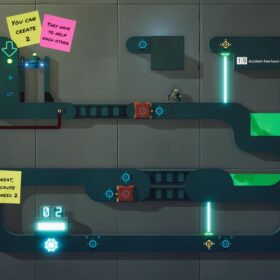
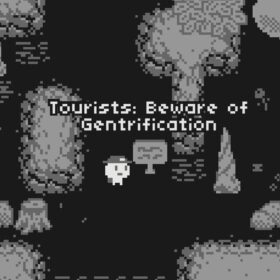

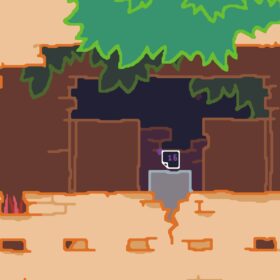
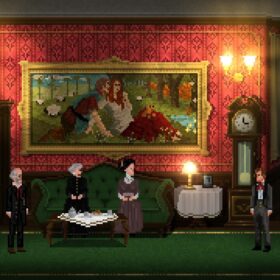


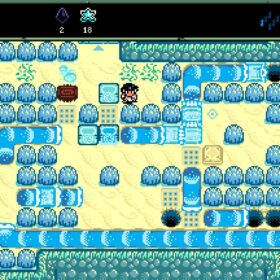
If you like this, you’d love the Android game, “Calculords.”
https://play.google.com/store/apps/details?id=com.ninjacrime.calculords&hl=en_US&gl=US